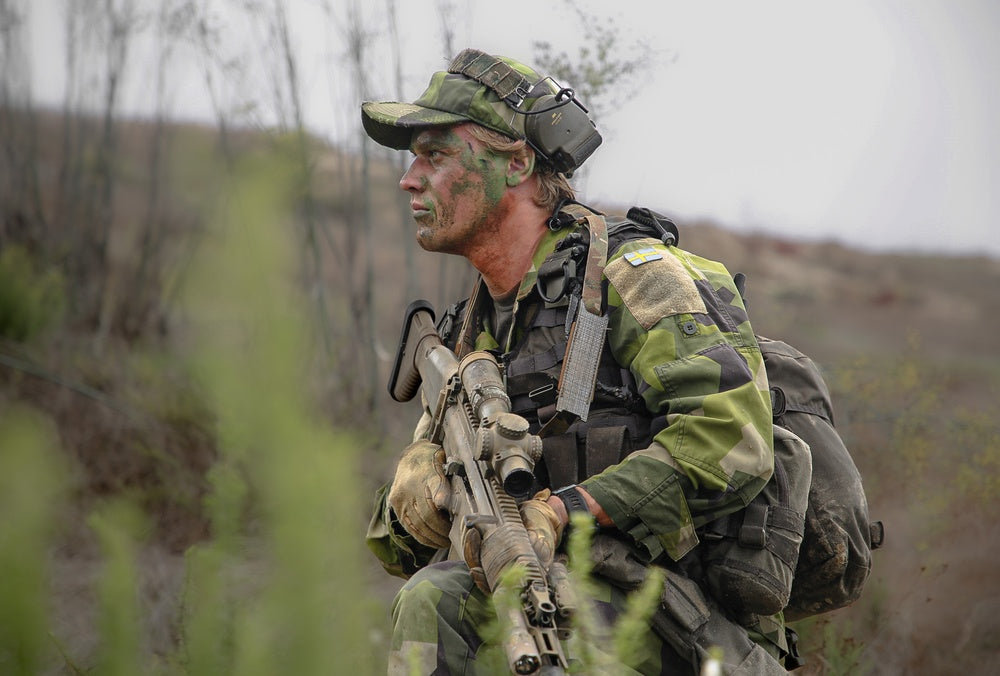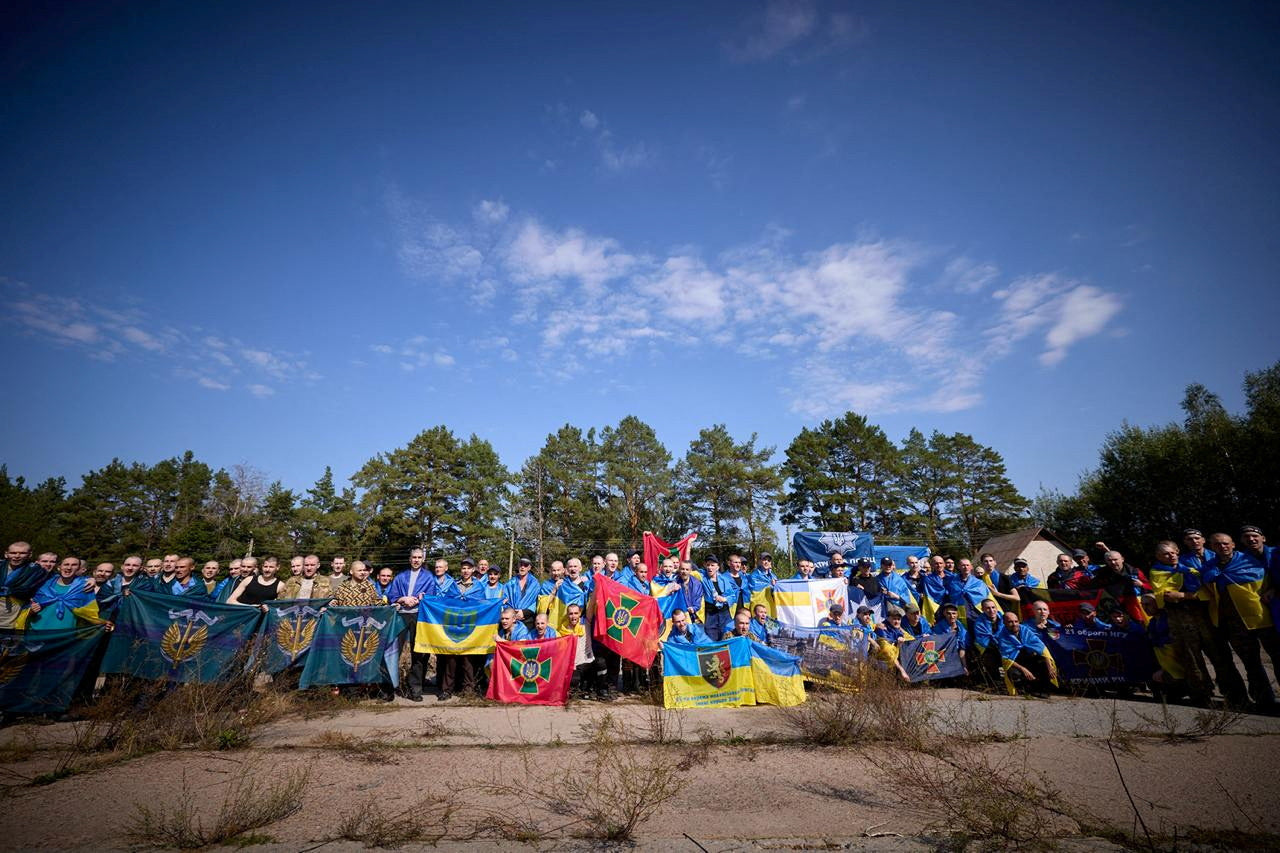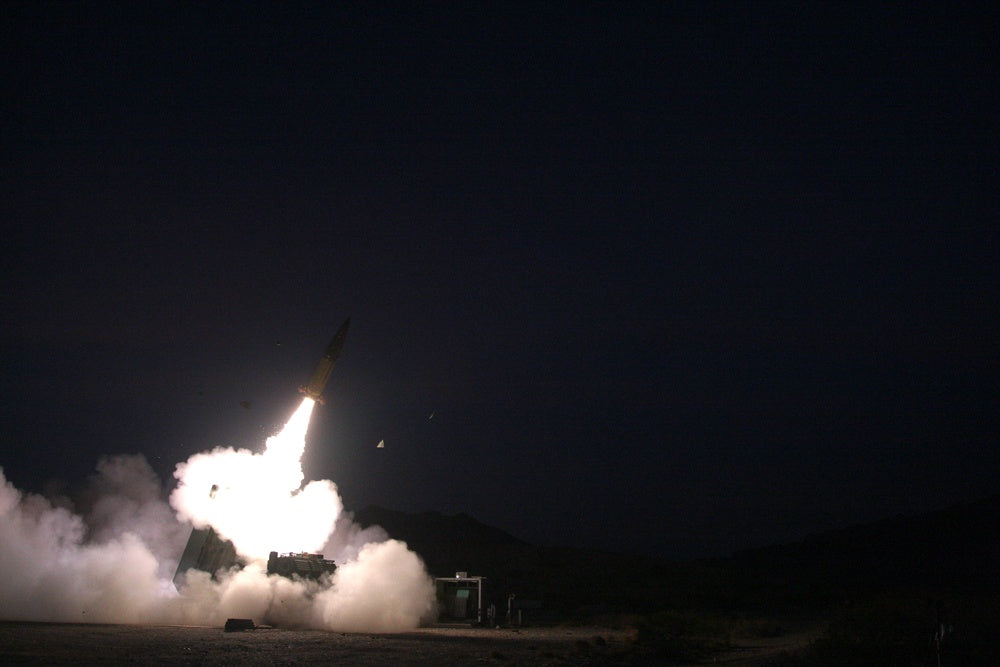
Sweden should lead deepening of NATO presence in Finland, the Nordic neighbors agree
PHOTO CAPTION: A Swedish Amphibious Raider navigates to a reconnaissance position during a simulated operation on Camp Pendleton, California, Aug. 30, 2023. (U.S. Army photo by Sgt. David Cordova via U.S. Defense Visual Information Distribution Service)
By Niklas Pollard
STOCKHOLM (Reuters) -The Finnish government is happy for Sweden to lead the establishment of NATO land forces in Finland to boost defences against neighbouring Russia, the two Nordic countries said on Monday.
Moscow's full-scale invasion of Ukraine in 2022 sparked a historic policy U-turn in previously militarily non-aligned Finland and Sweden, which joined NATO in 2023 and 2024 respectively.
NATO has boosted its presence in the eastern part of the alliance by building multinational battlegroups from the Baltics to the Black Sea, and has said it will develop a presence in Finland, which shares a 1,340 km (830 mile) border with Russia.
"The Swedish government has the ambition to take on a role as framework nation for forward land forces in Finland," Swedish Defence Minister Pal Jonson told a joint press conference with his Finnish counterpart Antti Hakkanen in Stockholm.
The process was still in an early phase, the ministers said, adding that the appointment of a nation to lead the effort to establish so-called forward land forces (FLF) will be made by NATO collectively.
"I envisage that FLF Finland could be in place in one to two years," Jonson later told Reuters on the sidelines.
Decisions have yet to be made on the composition and extent of the NATO presence in Finland. Finland's defence minister said the country was not looking for the same kind of permanent multinational force as in, for example, the Baltic countries given the considerable size of its own forces.
"But if the security situation gets worse or something like that we can increase exercises with certain countries' troops," Hakkanen said.
The two neighbouring countries are seeking to improve their cross-border mobility for military purposes, removing technical, administrative and legal obstacles, Jonson told Reuters.
"It can also cover infrastructure in all its various components, not least roads and railways," he said.
(Reporting by Niklas Pollard, writing by Terje Solsvik, editing by Essi Lehto, Editing by William Maclean)












